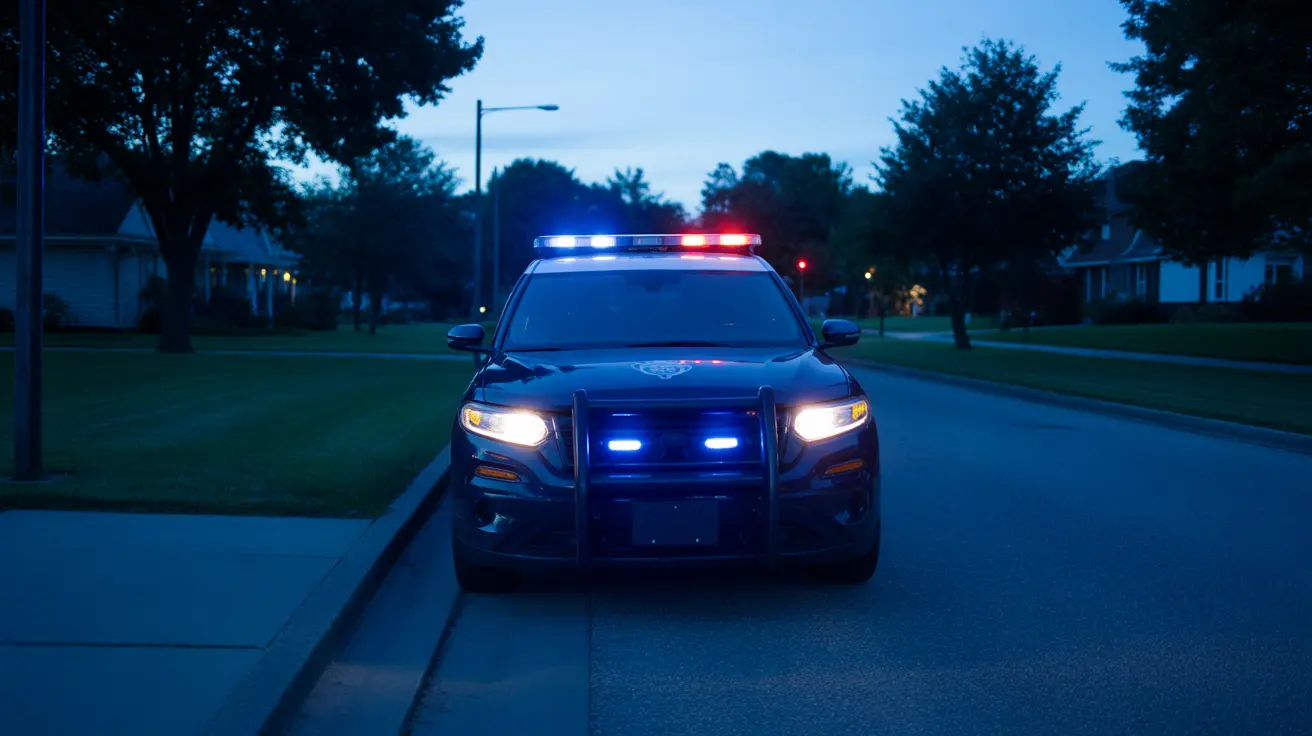When a 17-year-old cat stops grooming, it can be concerning for pet owners. This significant change in behavior often signals underlying health issues or age-related challenges that require attention and understanding. As cats enter their senior years, their ability to maintain their signature fastidious grooming habits may decline for various reasons.
In this comprehensive guide, we'll explore why elderly cats might stop grooming themselves, what it means for their health, and how you can help your aging feline maintain proper hygiene and comfort.
Common Causes of Reduced Grooming in Senior Cats
Physical Limitations and Pain
Arthritis and joint pain are primary culprits when older cats reduce their grooming habits. Studies show that up to 90% of cats over 12 years old experience some form of arthritis, making the flexible movements required for grooming painful or impossible.
Dental disease, affecting more than 70% of senior cats, can also make the licking and chewing motions associated with grooming extremely uncomfortable. When your cat's mouth hurts, they're less likely to engage in their usual grooming routine.
Medical Conditions
Various health issues common in senior cats can impact grooming behavior:
- Kidney disease
- Thyroid disorders
- Diabetes
- Obesity
- Skin conditions
- Cognitive decline
Signs Your Senior Cat Needs Grooming Assistance
Watch for these indicators that your cat needs help with grooming:
- Matted or clumped fur
- Greasy or oily coat
- Unusual odors
- Dandruff or skin flakes
- Debris stuck in fur
- Reluctance to groom certain areas
How to Help Your Senior Cat with Grooming
Creating a Comfortable Routine
Establish a gentle, patient approach to assisted grooming:
- Choose a quiet, warm location
- Use soft brushes and combs
- Start with short sessions
- Reward with treats and praise
- Focus on problem areas first
Professional Care and Support
Consider these professional services:
- Regular veterinary check-ups
- Professional grooming services
- Mobile grooming for less stress
- Veterinary dental cleaning
Preventing Grooming-Related Complications
Take these preventive measures to maintain your senior cat's comfort:
- Daily gentle brushing
- Regular skin checks
- Monitoring for mats
- Keeping the environment clean
- Maintaining proper humidity levels
Frequently Asked Questions
Why does my 17-year-old cat stop grooming itself?
Senior cats often stop grooming due to arthritis, dental pain, obesity, or underlying health conditions. This change in behavior requires veterinary attention to determine and address the root cause.
How can I help my senior cat with matted fur due to arthritis or obesity?
Regular gentle brushing, using appropriate grooming tools, and maintaining a consistent grooming schedule can help. For severe mats, consult a professional groomer or veterinarian to avoid causing injury.
What are the common signs indicating my cat has stopped grooming due to an underlying health issue?
Look for matted fur, unusual odors, skin problems, changes in behavior, reduced mobility, or signs of pain. Any sudden change in grooming habits warrants a veterinary examination.
How should I safely groom my senior cat to prevent painful mats and skin irritation?
Use gentle tools, work in short sessions, and be especially careful around sensitive areas. Start with a soft brush and gradually introduce other grooming tools as your cat becomes comfortable.
What should I do if my older cat shows signs of depression or behavioral changes affecting its grooming habits?
Consult your veterinarian to rule out medical issues and discuss potential solutions, including environmental enrichment, anti-anxiety treatments, or other supportive care options.
Conclusion
When a 17-year-old cat stops grooming, it's essential to approach the situation with patience and understanding. By identifying the underlying cause and providing appropriate support, you can help your senior cat maintain their hygiene and comfort in their golden years. Remember to work closely with your veterinarian to develop a comprehensive care plan that addresses your cat's specific needs.






